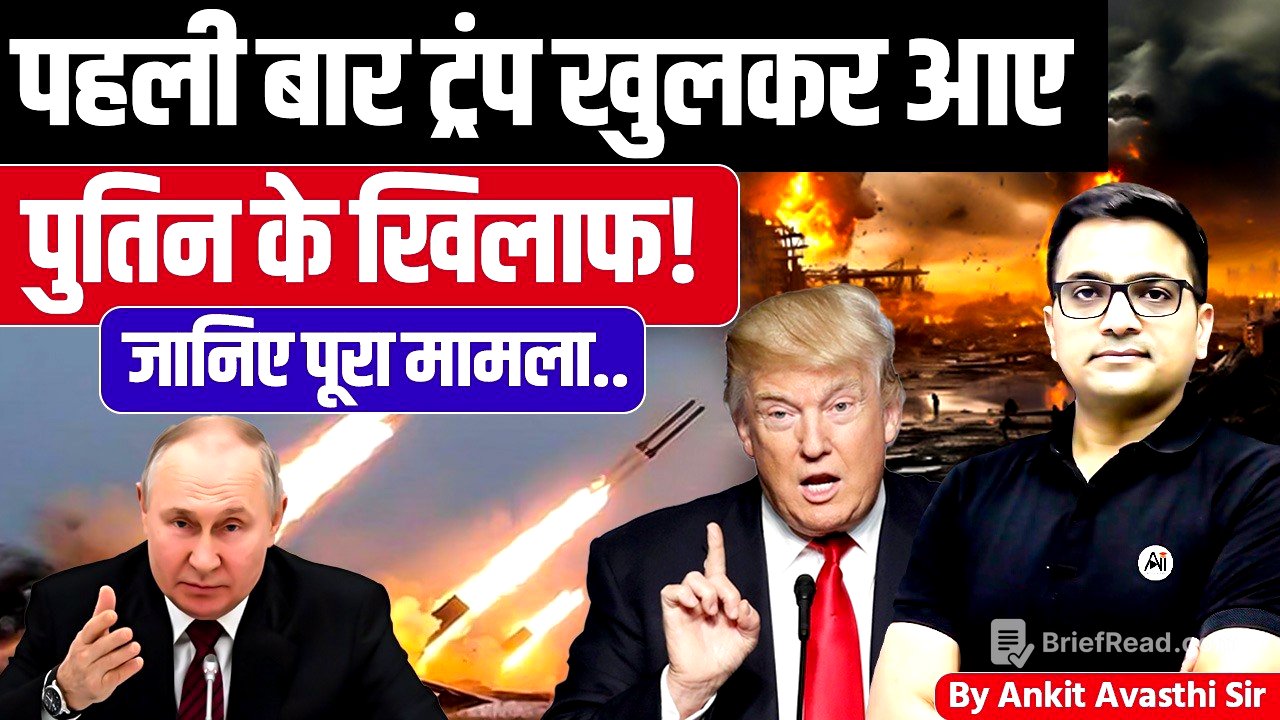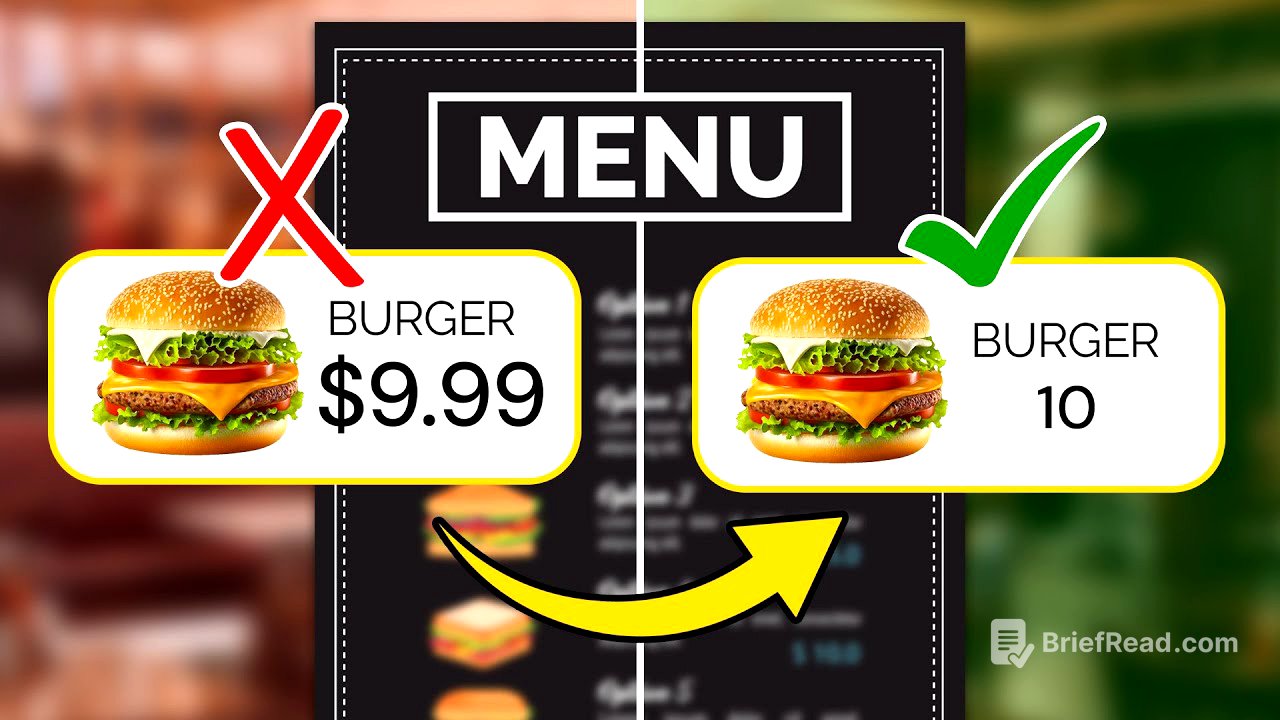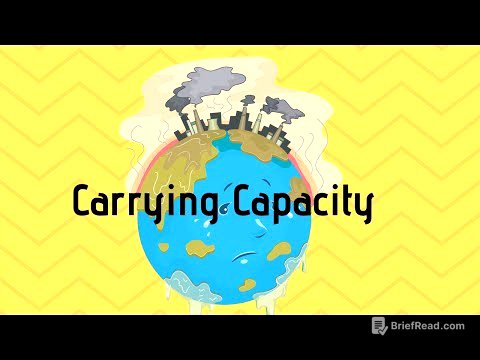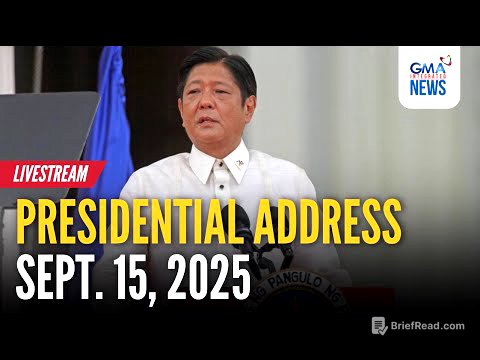TLDR;
This video discusses the underlying reasons for the conflict between Russia and Ukraine, focusing on the control of mineral resources and the involvement of the United States. It examines Trump's strategies, including potential tariffs and weapon supplies, and Putin's responses, including threats of retaliation. The video also touches on the global implications and the roles of other countries like China and India.
- The conflict is fueled by the control of Ukraine's mineral resources, with both the US and Russia vying for dominance.
- Trump's strategy involves supplying weapons to Ukraine through NATO and threatening tariffs against Russia.
- Putin has warned that any country providing long-range missiles to Ukraine will be considered a party to the conflict and face retaliation.
The Mineral Agreement Between Zelensky and Trump [0:02]
The core reason for Trump's anger stems from an agreement between Zelensky and Trump, granting the US control over up to 50% of Ukraine's mineral resources. Trump aimed to displace Russian control over these resources, but Putin's recent capture of Shev Chengo, a village with significant lithium reserves, threatens this agreement. This action by Russia jeopardizes America's deal to extract minerals from Ukraine, leading to fears that Putin is seizing Ukraine's valuable resources, leaving the US empty-handed.
Trump's Strategy: Supplying Missiles to Ukraine [1:19]
Trump plans to supply missiles to Ukraine, issuing a 50-day ultimatum to Russia, a decision announced to Root. Trump is using Root, who can influence 32 countries, to navigate Putin's threat to retaliate against anyone providing long-range missiles to Ukraine. Trump is aware of the potential for a direct conflict between the US and Russia and is employing a strategy to arm Ukraine through NATO. This approach involves providing weapons to a NATO country, which would then supply them to Ukraine, thereby increasing NATO's GDP and obligating member states to support Ukraine's defense.
Putin's Threat and Trump's Response [3:20]
Putin has threatened that any country providing long-range missiles to Ukraine will be considered a party to the conflict. Trump's strategy involves selling weapons to Poland, which then supplies them to Ukraine, indirectly involving America. Trump aims to provide approximately $10 billion worth of weapons to Ukraine for potential use, including long-range US missiles. This situation is critical because Putin has repeatedly warned that attacks on Russia with weapons supplied by other countries will result in retaliation against those countries.
The Threat of World War and Trump's Tactics [4:12]
A Russian official has warned that Biden's decision to allow Ukraine to fire missiles deep into Russia could lead to a world war. Putin has altered his nuclear doctrine, stating that an attack by a third country could warrant a nuclear response. Trump is using a tactic of indirect involvement, supplying weapons through other countries to avoid direct confrontation. He also announced tariff weapons against Putin, expressing disappointment that his previous attempts at communication have been ignored.
Trump's Disappointment and Future Actions [5:12]
Trump asked Zelensky if he was capable of attacking Moscow, coinciding with discussions about potential tariffs on Putin. This news emerged after a conversation between Trump and Putin failed to reach a consensus. Frustrated by Putin's lack of cooperation, Trump inquired about the possibility of bombing Moscow. Trump is considering imposing tariffs up to 50% and has urged NATO countries to increase their spending, believing that his decisions will eventually be respected.
Putin's Reaction and Global Implications [7:51]
An attempt was made to intimidate Putin's people, referencing past threats to Iran. Mike Pompeo, Trump's former minister, reminded Putin of America's willingness to take military action, urging him to accept terms to avoid being bombed. Despite fears of Iran developing nuclear weapons, Trump has always highlighted his role in preventing conflict between nuclear-armed states like India and Pakistan, understanding the dangers posed by nuclear weapons. When questioned about Trump's statements, Putin did not respond directly, but his ministers emphasized that Trump's threats would not affect them, citing support from China and a diversified trade portfolio.
The Meme Market and Potential Global War [10:14]
Trump's actions are stirring up the "meme market," with provocative images like a BRICS sovereign banknote emerging. If Trump were to attack Moscow, Putin might retaliate against the country that supplied the long-range weapons, potentially triggering a global war.









